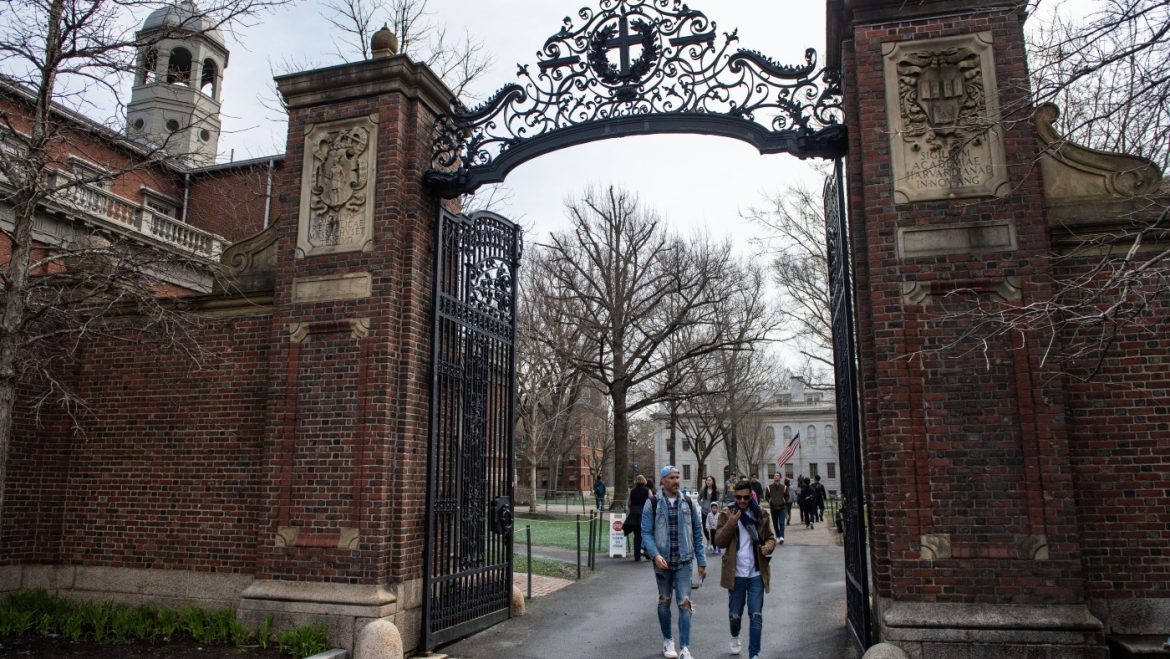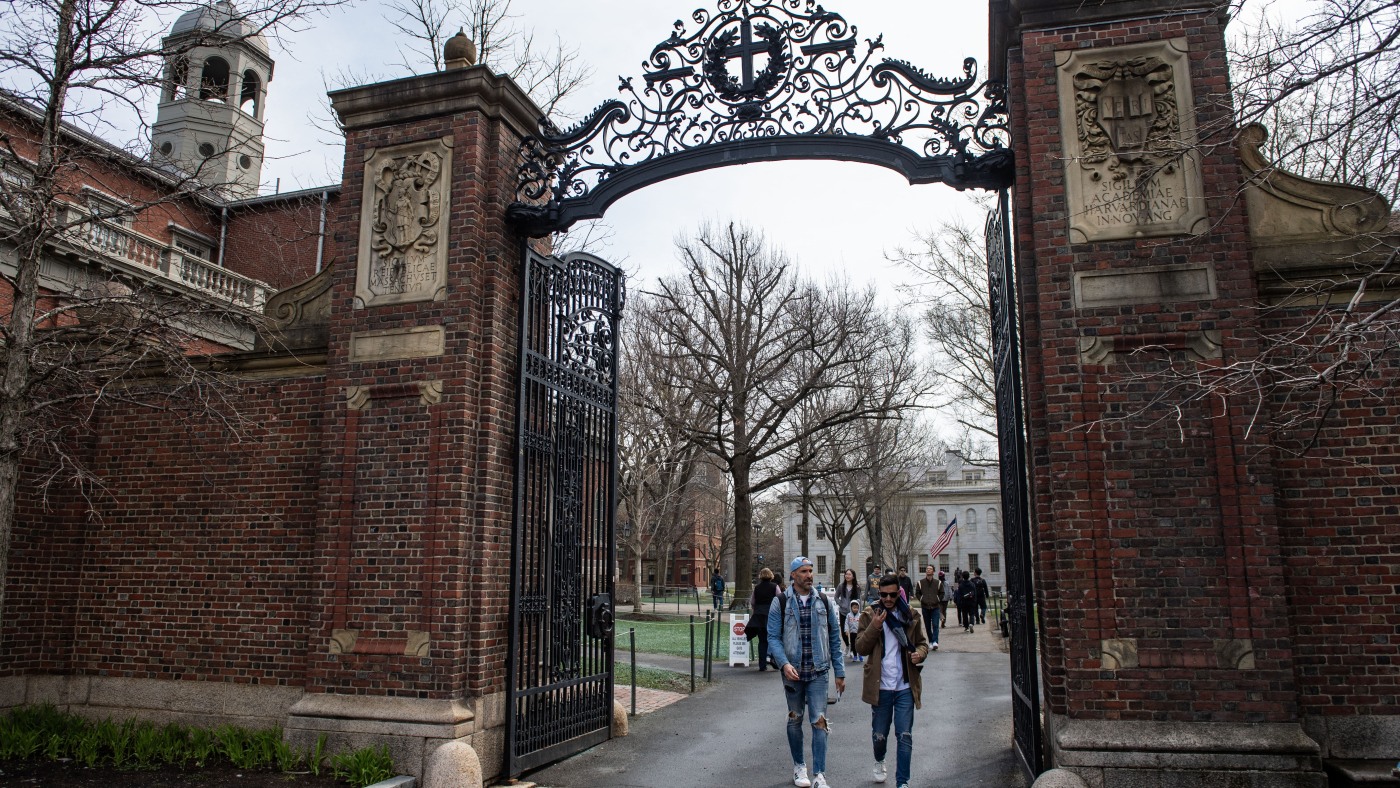Introduction: A Sharp Turn in U.S. Education and Immigration Policy
In a dramatic escalation of its ongoing confrontations with elite American institutions, the Trump administration has revoked Harvard University’s authorization to enroll international students. This unprecedented move not only threatens the futures of thousands of foreign students currently enrolled or seeking admission but also signals a broader political and regulatory campaign against prominent universities. This report unpacks the background, context, implications, and potential fallout of this policy shift.
Background: The Tumultuous Relationship Between Harvard and the Trump Administration
Harvard University, with nearly 7,000 international students — accounting for approximately 27% of its student population — has long been a symbol of academic excellence and global engagement. Over recent years, however, Harvard has repeatedly clashed with the Trump administration on multiple fronts, including immigration policies, political oversight, and funding.
The conflict intensified when Harvard resisted the administration’s demands to comply with heightened federal immigration regulations, including stricter reporting requirements on students holding F- or J-visa statuses. Harvard’s refusal to accede to these demands led to a series of retaliatory threats by the administration, including potential revocation of its tax-exempt status and withholding of over $2 billion in federal grants.
Immediate Action: Revocation of Harvard’s Student and Exchange Visitor Program Certification
On a decisive Thursday, Homeland Security Secretary Kristi Noem officially revoked Harvard’s certification under the Student and Exchange Visitor Program (SEVP). This certification is essential because it enables universities to enroll and maintain foreign students legally in the United States.
The revocation means:
– Harvard can no longer admit new international students.
– Currently enrolled foreign students are compelled either to transfer to other certified institutions or risk losing their legal visa status.
– The move marks an immediate and tangible disruption to Harvard’s enrollment and campus community.
The degree of immediacy and severity underlines the administration’s intent to leverage immigration controls as a pressure tool against the university.
Motivations Behind the Move: Political and Regulatory Control
This decision is not occurring in a vacuum. It is part of a larger strategic push by the Trump administration to:
– Assert tighter federal control over universities’ immigration practices.
– Push back against institutions perceived to harbor political dissent or fail to align with administration policies.
– Employ immigration restrictions as leverage in broader disputes involving university funding, oversight, and ideological compliance.
In particular, Harvard’s refusal to provide the government with detailed records on its international students, as well as its broader resistance to administrative demands related to political speech audits, positioned it as a key target in the administration’s crackdown.
Broader Implications for Academics, Students, and U.S. Global Standing
Impact on International Students and Campus Life
Thousands of international students face deep uncertainty. The administration’s action forces many to consider transferring, disrupting academic progress, social networks, and personal lives. For incoming students, Harvard’s withdrawal as an enrollment option compromises academic future plans and complicates visa processes.
Effects on Harvard’s Institutional Operations and Funding
Beyond enrollment, Harvard faces:
– The risk of decreased diversity and academic richness due to the exclusion of international talent.
– Potential challenges to its financial footing given the large share of foreign tuition and grants at stake.
– Reduced prestige and diminished capacity to attract world-class global students.
National and Global Academic Consequences
On a macro level, these measures could weaken the U.S.’s leadership as a destination for global talent in higher education, damaging the nation’s intellectual capital and innovation ecosystems. Universities worldwide may see an opportunity to attract displaced international students, translating into a brain drain from the U.S.
Harvard’s Response: Legal Challenges and Defensive Measures
Harvard has strongly criticized the administration’s decision, labeling it “unlawful” and retaliatory. University officials have indicated plans to pursue legal avenues to contest the revocation. Moreover, Harvard broke with precedent by allowing international admitted students to accept offers from other global institutions simultaneously, signaling an attempt to mitigate the immediate harms posed by the enrollment freeze.
Conclusion: A Critical Juncture for U.S. Higher Education and Immigration
The Trump administration’s revocation of Harvard’s ability to enroll international students marks a watershed moment. It symbolizes the intensification of political battles framed through immigration policy and higher education autonomy. The fallout threatens not only individual students but the fabric of global academic cooperation and U.S. soft power.
Ultimately, the administration’s approach risks undermining the very values of openness and international exchange that have long defined American universities. The near-term uncertainty calls for close attention to legal developments, institutional adaptation strategies, and the broader consequences for higher education policy in the United States.
—
Stay informed on the Trump administration’s latest Harvard international student ban and its impact with our clear, detailed analysis.


